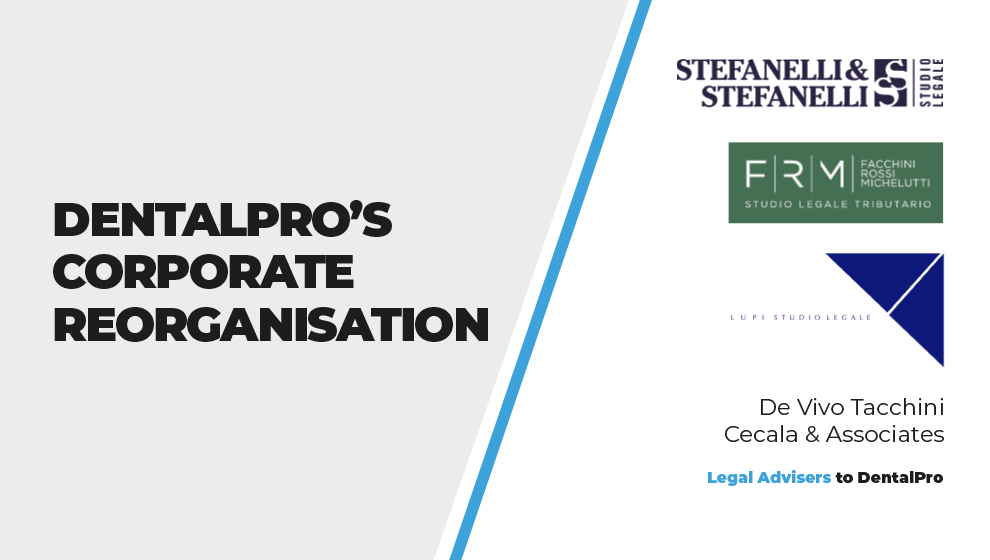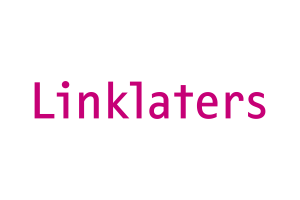DP Group, holding company of DentalPro, announced a corporate reorganisation to simplify the group’s structure through the merger of 70 companies that are active in the management of the group’s dental clinics.
Several law firms assisted DP Group on this operation. A team from Studio Legale Stefanelli & Stefanelli comprising founding partner Silvia Stefanelli and associate Giorgia Verlato advised on administrative profiles, while tax profiles were handled by a team from Facchini Rossi Michelutti. Labour law aspects were handled by Lupi Law Firm and notorial aspects by De Vivo Tacchini Cecala & Associates.
An Interview With Silvia Stefanelli at Studio Legale Stefanelli&Stefanelli
What crucial aspects need to be considered when working on a corporate reorganisation?
In mergers in the health sector, the most relevant element is the transfer of health authorisations and any existing contracts with the public administration.
This element is often underestimated when initiating a merger, but it is crucial in this area, as the authorisation is the legal prerequisite for being able to provide healthcare services. It follows that, if the transfer of authorisation is not carried out correctly, there is a risk that the facility may have to be closed until the procedure is duly completed.
Did you encounter any challenges while working on this merger? If so, how did you overcome them?
In Italy, regulations on health authorisations are regional and often the various competent bodies (in most cases, municipalities) follow different procedures even within the same region.
It is therefore necessary to have a highly detailed knowledge of the different regional regulations and the procedures of the individual municipalities. This is an activity that our law firm has been carrying out for years, so we have developed a thorough knowledge of the relevant legal framework and have established good contacts with public administrations.
What was the significance of this merger? Do you expect to work on further projects like this in the future?
The National Recovery and Resilience Plan (PNRR), Italy’s response to the NextGenerationEU programme, is aimed at relaunching the country after the COVID-19 crisis, partly through an extensive development of digital health projects. This new design of the Italian healthcare system will undoubtedly bring in investment funds promoting projects for the reorganisation of existing health facilities with a view to greater sustainability. Hence, M&A activity in this area is bound to increase. In this respect, we also foresee many acquisitions and sales in the medical devices area. The new EU Reg. 2017/745 (which became fully effective on 26 May 2021) is already transforming the medical software sector, thus leading to new market dynamics.





















